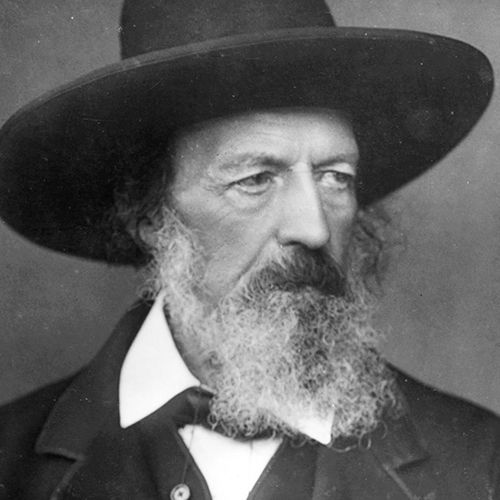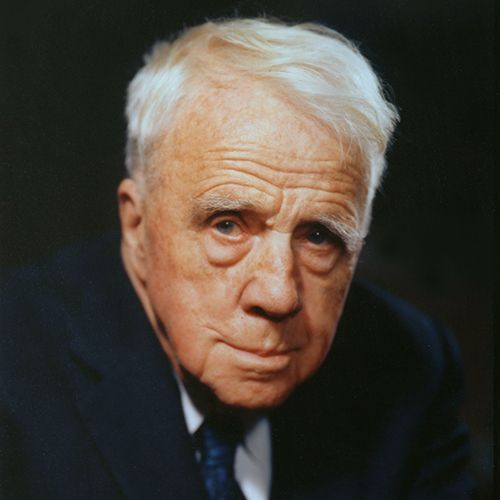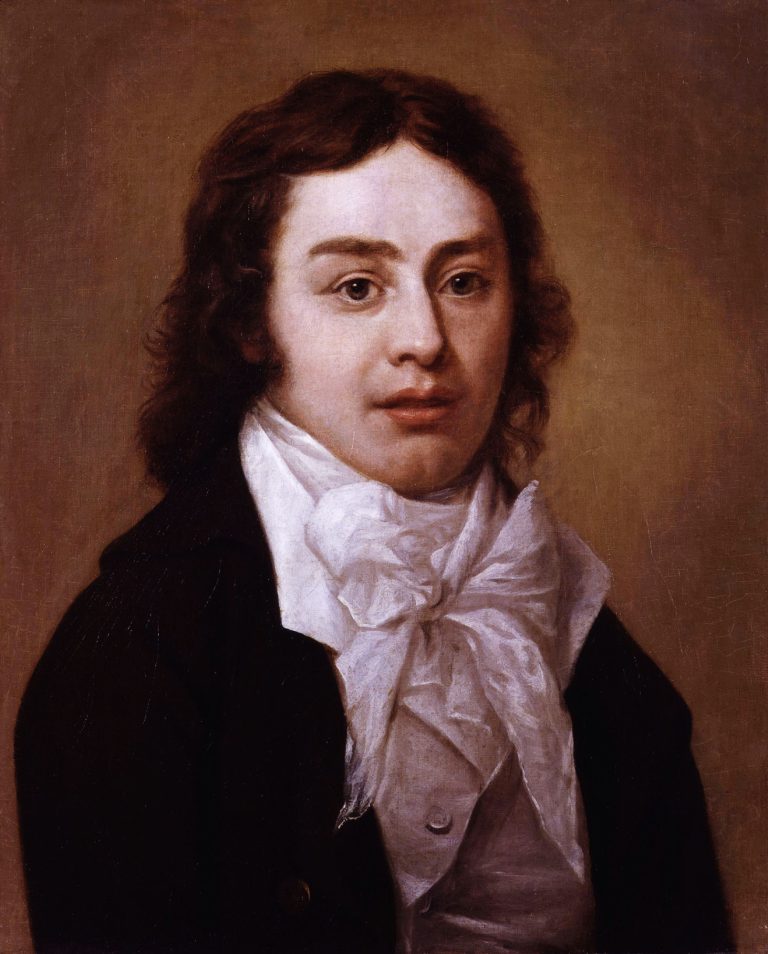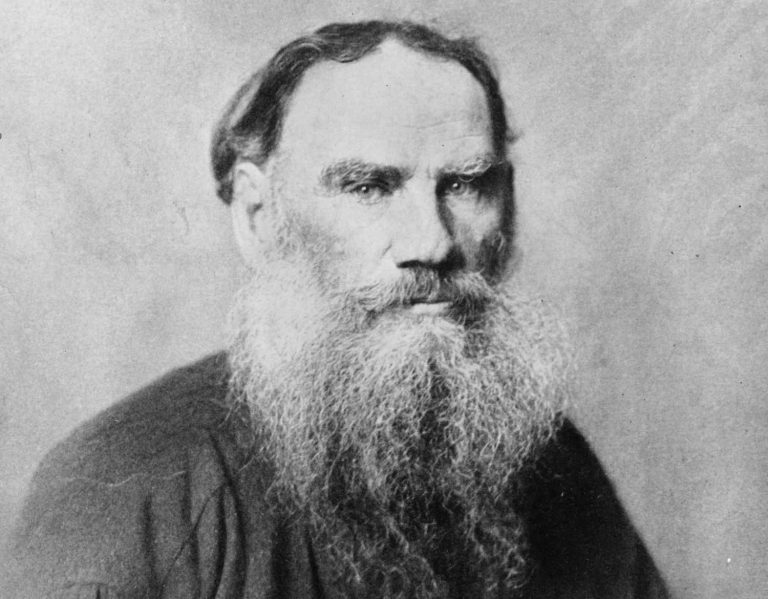Alfred Tennyson was a renowned British poet, born in 1809. He held the position of Poet Laureate for much of Queen Victoria’s reign.
Alfred Tennyson stands as a pillar of Victorian poetry, immortalized by his melodic and poignant verse that captured the ethos of his era. With a literary career spanning over six decades, Tennyson influenced poetry with works like “In Memoriam A.
H. H. ” And “The Charge of the Light Brigade,” touching themes of nature, love, and loss. His mastery of imagery and rhythm established him as a poetic virtuoso, and his contributions to English literature earned him admiration from contemporaries and future generations alike. Tennyson’s work remains a staple in the literary canon, resonating for its emotive power and linguistic grace. His legacy lives on, with many of his phrases becoming commonplace in the English language, showcasing his enduring influence on culture and literature.
Early Life And Family Background
Exploring the beginnings of one of Britain’s most celebrated poets, Alfred Tennyson, provides insight into the formative years that shaped his literary genius. His early life and family background offer a fascinating window into the environment and experiences that influenced his work. Let’s delve into the origins of this Victorian luminary.
Ancestry And Parents
Alfred Tennyson was born into a family with a rich tapestry of lineage. His father, George Clayton Tennyson, was a clergyman and rector. George hailed from an intellectual background, marrying Elizabeth Fytche, the daughter of a solicitor. The couple bore twelve children, with Alfred being the fourth.
Childhood Experiences
- Idyllic surroundings: Alfred grew up in the countryside of Lincolnshire.
- Brothers and sisters: He had close bonds with his siblings, who shared his love for literature.
- Early loss: Young Alfred faced the hardship of his father’s early demise.
Education And First Poems
Tennyson’s education began under his father’s tutelage at home. He later attended Louth Grammar School, where his passion for poetry flourished. At just twelve years old, Alfred completed his first epic poem, which marked the beginning of his literary journey. His talent continued to mature, laying the foundations for his future as Poet Laureate.

Credit: en.wikipedia.org
Artistic Beginnings
Alfred Tennyson was a poet whose words wove magic into the tapestry of English literature. His early ventures into poetry laid a foundation that would define an era. This section explores Tennyson’s initial steps in the literary world, shedding light on his formative experiences and the artistic milestones that marked his early career.
First Collection: ‘poems, Chiefly Lyrical’
Tennyson’s journey into the heart of poetry began with a significant milestone. His first collection, titled ‘Poems, Chiefly Lyrical’, was a portal to a new dimension of his life. Published in 1830, this collection showcased a range of themes from the reflective to the passionate.
- Introduced Tennyson’s unique voice
- Showcased early mastery of lyrical beauty
- Contained notable pieces such as “Claribel” and “Mariana”.
Struggles And Criticism
Despite his emerging talent, Tennyson’s early works were met with mixed reactions. Many critics were far from impressed, delivering harsh criticisms. This negativity cast a shadow over his poetic spirit.
- Faced initial rejection from literary circles
- Endured harsh reviews that challenged his resolve
- Continued to write, showing resilience.
Influences And Literary Style
Tennyson’s style was honed by a diverse set of influences. His enchantment with Nature and an appreciation for the Romantics stood out as cornerstones of his writing. Heavily influenced by John Keats, his work often echoed deep emotional currents and a reverence for the classical styles.
- Absorbed the evocative beauty in Keats’s poetry
- Merged classicism with his own melancholic tone
- Became synonymous with Victorian lyrical poetry.
Tennyson’s distinctive literary voice ultimately carried him through the tides of early criticism. His artistic beginnings, fraught with challenges, carved the path for a legacy that has endured for ages.
Rising Fame
The journey to fame for Alfred Tennyson, one of the Victorian era’s most esteemed poets, began to climb after the early turbulence in his career. His mastery of verse and the profound emotional depth of his works captured the hearts of readers. Let’s delve into the periods and pieces that marked Tennyson’s ascent to literary stardom.
Poems (1833 Edition)
The 1833 edition of ‘Poems’ by Tennyson was a pivotal launch pad for his fame.
- Featured notable works like “The Lady of Shalott” and “Ulysses.”
- Displayed Tennyson’s expanding poetic range and thematic variety.
- Initial reactions were mixed, driving Tennyson to perfect his craft further.
In Memoriam A.h.h.
The publication of “In Memoriam A.H.H.” in 1850 marked a turning point.
This magnum opus, a tribute to his late friend Arthur Hallam, resonated with readers’ own experiences of loss and found broad acclaim.
The work’s emotional depth and its exploration of themes such as loss, faith, and science won widespread praise.
Queen’s Laureateship
Tennyson’s burgeoning reputation led to his appointment as Poet Laureate in 1850, succeeding Wordsworth.
This role significantly boosted his standing as a literary figure.
Tennyson held the position until his death, composing works for national events and royal occasions.
Public Reception And Royal Connections
Public adoration and royal favor solidified Tennyson’s prominence.
- Queen Victoria was a known admirer of his work.
- Royal commissions for poetry elevated his status in society.
- Tennyson’s influence extended beyond literature, affecting cultural and social spheres.
Tennyson’s Major Works
Alfred Tennyson, a master of Victorian poetry, created timeless works. His words have captured hearts for over a century. Let’s explore some of his most celebrated poems.
The Lady Of Shalott
“The Lady of Shalott” is a magical ballad. It tells the story of a woman trapped by an unknown curse. She weaves a web ceaselessly. Yet, she longs for the outside world. A mirror reflects everything for her. But one day, she sees Sir Lancelot. She leaves her weave, bringing the curse upon herself. The poem’s imagery and rhythm make it unforgettable.
Ulysses
In “Ulysses,” Tennyson explores restlessness and aging. The ancient hero Ulysses speaks about his dissatisfaction with idle life. He yearns for one more adventure. Ulysses’ final speech is bold and inspiring. It has been quoted widely. Readers see it as a call to live life fully.
The Charge Of The Light Brigade
“The Charge of the Light Brigade” honors brave soldiers. It’s about a historic battle during the Crimean War. The poem’s pace mimics horses’ gallop. It displays the valor and tragedy of war. The repetition of “Theirs not to reason why, Theirs but to do and die” is powerful. It shows soldiers’ courage and obedience.
Idylls Of The King
Idylls of the King is a series of twelve poems. These poems celebrate the Arthurian legend. They trace the birth, rise, and fall of King Arthur. Tennyson uses them to reflect on contemporary issues too. Themes like honor, betrayal, and romance are common. These tales of Camelot and its knights enthrall readers even today.
Themes And Literary Techniques
Alfred Tennyson, a master craftsman in the realm of poetry, etched a legacy through his contemplative words and intricate poetic structures. His elegiac and lyrical prowess reflect the ethos of his time. In exploring Tennyson’s work, three dominant themes and techniques stand out, offering both depth and innovation to the Victorian literature landscape.
Victorian Era Reflections
Tennyson’s poetry mirrors the Victorian era’s complex spirit. His themes often tackle the social and moral issues of his time. Through a fine blend of personal introspection and broader societal commentary, his work provides a window into the challenges and changes of 19th-century England.
- Industrial Revolution: His poems address the era’s rapid modernization.
- Gender roles: He explores Victorian expectations of men and women.
- Moral questions: His work wrestles with the era’s ethical dilemmas.
Use Of Mythology And Legend
Tennyson frequently drew upon myth and legend. This provided a familiar backdrop against which he could unfold his own thematic concerns. Mythological references infuse his poetry with layers of meaning and a timeless quality that resonates with audiences across ages.
In works like “Ulysses,” Tennyson revives ancient heroes, connoting valor and persistence.
Innovation In Poetic Forms
Pushing the boundaries of traditional poetry, Tennyson introduced new rhythmic patterns and structures. His experimentation with verse and meter displayed a novel approach that influenced future poets.
| Poetic Form | Features |
|---|---|
| In Memoriam Stanza | ABBA rhyme scheme in quatrains |
| Blank Verse | Unrhymed iambic pentameter |
| Dramatic Monologue | A single character’s speech |
The poem “In Memoriam A.H.H.,” a work crafted over 17 years, is a crown jewel of Tennyson’s innovative mastery.

Credit: www.britannica.com
Personal Life And Relationships
Exploring the personal life and relationships of Alfred Tennyson uncovers a man as deep and complex as his poetry. Tennyson’s personal connections, fraught with love, loss, and friendship, played a crucial role in shaping his literary legacy. Let’s delve into the key relationships that left an indelible mark on his life.
Marriage To Emily Sellwood
Tennyson’s lifelong companion was Emily Sellwood, whom he married in 1850. Their courtship faced years of delay due to financial instability. The couple enjoyed a devoted relationship, with Emily providing powerful support throughout his career. Together, they had two sons, Hallam and Lionel Tennyson.
Friendships With Other Writers
The poet’s life was rich with literary acquaintances. He formed notable bonds with writers such as William Makepeace Thackeray and George Eliot. His friendship with Arthur Hallam, though, was perhaps the most significant. Their bond inspired Tennyson’s masterpiece “In Memoriam.”
The Loss Of Friends
Tragedy was a recurring theme in Tennyson’s life. The death of his close friend Arthur Hallam in 1833 was a devastating blow. His grief found expression in the elegiac verses of “In Memoriam.” Later, the loss of other friends, like Robert Browning, also left a void. This sense of loss often permeated his poetry, adding a layer of depth to his work.
Later Years And Legacy
The Later Years and Legacy of Alfred Lord Tennyson are a testament to his enduring influence. As Tennyson aged, his literary prowess continued to grow, cementing his position as a giant among poets. He maintained a strong presence in the world of literature and society, leaving behind a legacy that resounds in poetry circles and beyond.
Creation Of Tennyson Society
In 1899, admirers of Tennyson’s work founded The Tennyson Society. This group aimed to keep Tennyson’s poetry alive. They encouraged studies, discussions, and scholarship on his life and works. Their mission ensured future generations would recognize and cherish Tennyson’s contributions to English literature.
Honors And Peerage
Tennyson’s brilliance was recognized with honors and titles. Queen Victoria offered him a baronetcy, which he declined. Later, he accepted a peerage, becoming Baron Tennyson. This made him the first English writer raised to the peerage for his literary work. His new title was a sign of the high esteem he held in Britain.
Death And Memorialization
Alfred Tennyson passed away on October 6, 1892. He left behind a legacy as grand as his works. Poet Laureate for over four decades, he was buried at Westminster Abbey’s Poets’ Corner. This honored spot is a fitting resting place, among other literary greats. His deathbed request was for his son Hallam to republish some of his earlier poems, adding to his legacy.
- Born: August 6, 1809
- Died: October 6, 1892
- Legacy: A celebrated poet with a lasting influence on English literature.

Credit: www.biography.com
Tennyson’s Impact On Literature And Culture
Alfred Tennyson, a towering figure in Victorian literature, left a profound mark on the world of poetry and beyond. His work touched the hearts and minds of people, influencing not only how they read and wrote poetry but also how they thought about the issues of their day. His mastery of language and his keen insight into human nature made his poetry an integral part of England’s cultural heritage.
Influence On Poetry And Music
Tennyson’s melodic and emotive poetry transcended the written word, inspiring musicians. Composers like Edward Elgar found kinship in Tennyson’s themes, setting his poems to music. This melding of lyrics and melodies brought Tennyson’s verse to life in performance halls worldwide.
His unique style, characterized by expressive language, continued to shape poetry posthumously. Tennyson’s influence saw the rise of new poetic forms, with later poets often emulating his rich narrative style and rhythmic innovations.
Appearances In Popular Media
Tennyson’s narratives bridged the gap between literature and entertainment. His characters, from the noble King Arthur to the tragic Lady of Shalott, became iconic figures in popular culture. Books, films, and television series have featured these characters, showing the lasting appeal of Tennyson’s storytelling.
- Blockbuster movies like the ‘Sherlock Holmes series paid homage to Tennyson through quotes and references.
- Television shows like ‘Downton Abbey have characters recite lines from his poems, embedding his works in modern dialogue.
Ongoing Relevance
In the ever-evolving landscape of literature, Tennyson’s legacy remains vibrant and significant. His exploration of timeless themes like honor, bravery, and loss speaks to readers even today. Schools continue to teach his poems, ensuring that each new generation appreciates the beauty of his language and the depth of his reflections on human experience.
- Academic courses analyze his impact, discussing his works extensively.
- Literary journals and online platforms perpetuate the study of his influence.
Conclusion
Alfred Tennyson’s legacy endures through his poetic genius. His verses continue to inspire and resonate, reflecting his era’s spirit. As we reflect on his life story, we see the undying impact of his works. Dive into Tennyson’s poetry for an immersive journey into Victorian literature.
Cherish these timeless pieces that transcend generations.





